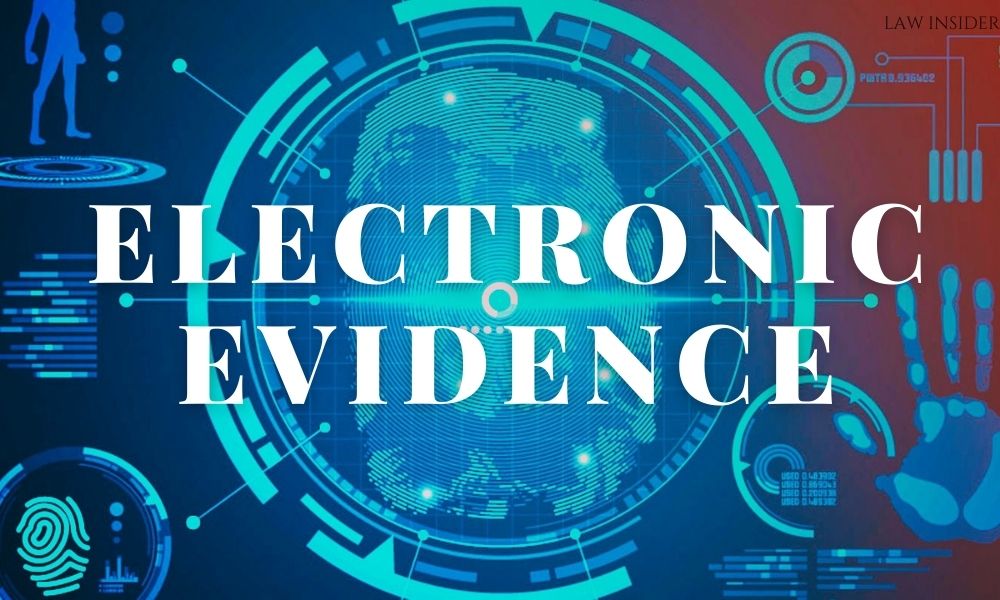LI Network
Published on: November 08, 2023 at 17:40 IST
The Supreme Court of India reaffirmed the admissibility of Section 65B certificates under the Indian Evidence Act to substantiate electronic evidence at any stage of a trial.
This ruling came in response to a plea made by the prosecution in the context of the 2008 Bangalore Blasts Case.
The decision, rendered by a bench consisting of Justices Vikram Nath and Rajesh Bindal, overturned a judgment by the Karnataka High Court, which had initially denied the prosecution’s request to introduce a Section 65B Certificate in the trial.
The Supreme Court based its decision on the 2020 judgment in the case of Arjun Panditrao Khotkar v. Kailash Kushanrao Gorantyal, which had established that a certificate under Section 65B of the Act could be presented at any point during the trial if it had not concluded.
Furthermore, the Court considered the 2014 decision in Anwar PV v. PK Basheer, which had stated that a Section 65B certificate was not obligatory when electronic records were employed as primary evidence. Additionally, the 2019 decision in State of Karnataka v. M.R. Hiremath, which had classified the non-production of the certificate under Section 65B as a rectifiable defect, was cited in support of the ruling.
The case revolved around the bomb blasts that occurred in Bangalore in July 2008, resulting in the death of a woman and numerous injuries.
During the investigation, various pieces of electronic evidence, including a laptop, an external hard drive, pen drives, floppies, CDs, SIM cards, mobile phones, a memory card, and digital cameras, were confiscated at the request of one of the accused individuals.
These items were sent to the Central Forensic Sciences Laboratory (CFSL) in Hyderabad, where they were examined, and a report was prepared in 2010.
However, in 2017, the Trial Court rejected the CFSL report from 2010, citing the absence of a Section 65B Certificate. The prosecution argued that the certificate was unnecessary since the original devices themselves served as primary evidence.
Nevertheless, as a precaution, the prosecution sought to summon the Assistant Government Examiner from the Computer Forensic Division at CFSL to produce the 65B certificate. In 2018, the Trial Court rejected this request, a decision later upheld by the High Court.
The Supreme Court disagreed with the approach taken by the lower courts, asserting that their judgment was based on the incorrect assumption of a six-year delay in presenting the certificate when, in fact, no such delay had occurred.
The CFSL report had been in the record since 2012, and the need for the certificate only arose after the defense raised objections during the 2017 examination.
In its judgment, the Court emphasized that the case was of significant national importance, emphasizing that a fair trial in a criminal case must ensure that no guilty party escapes justice and no innocent individual is wrongly convicted.
The Section 65B certificate, according to the Court, is a legal requirement for confirming a report already on the record and does not create new evidence.
The Court further stated that permitting the prosecution to introduce the certificate would not cause irreversible harm to the accused, who would have ample opportunity to challenge the evidence presented by the prosecution.
Consequently, the Supreme Court allowed the appeal, enabling the prosecution to recall the witness under Section 311 of the Criminal Procedure Code (CrPC) to present the Section 65B Certificate.
Aman Panwar, Additional Advocate General of Karnataka, represented the appellant, while Advocate Balaji Srinivasan appeared for the respondent in the case titled “State of Karnataka v. T.Naseer @ Thadiantavida Naseer.” This decision provides valuable clarity regarding the admissibility of Section 65B certificates in electronic evidence cases, ensuring a fair and just legal process.

